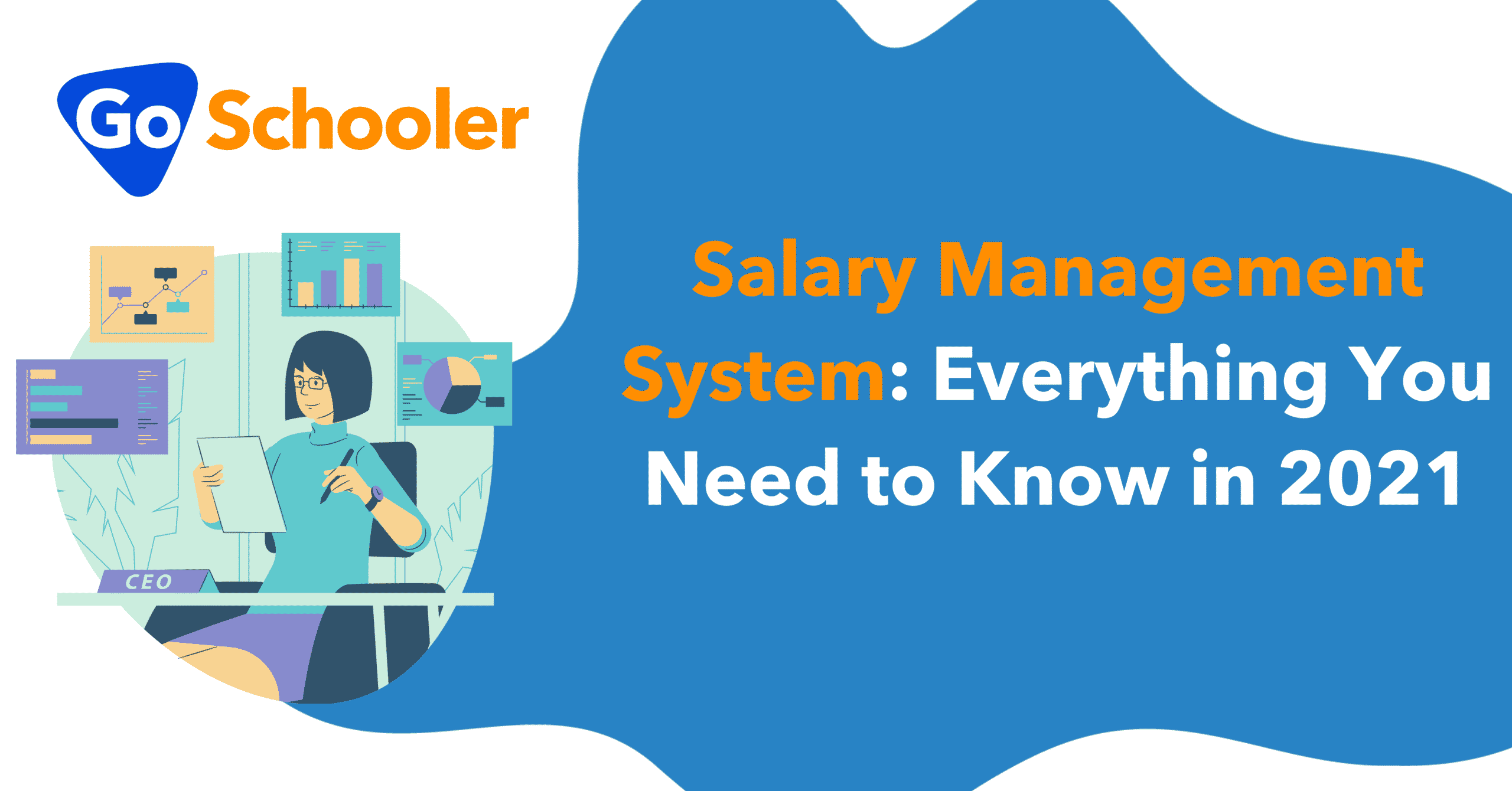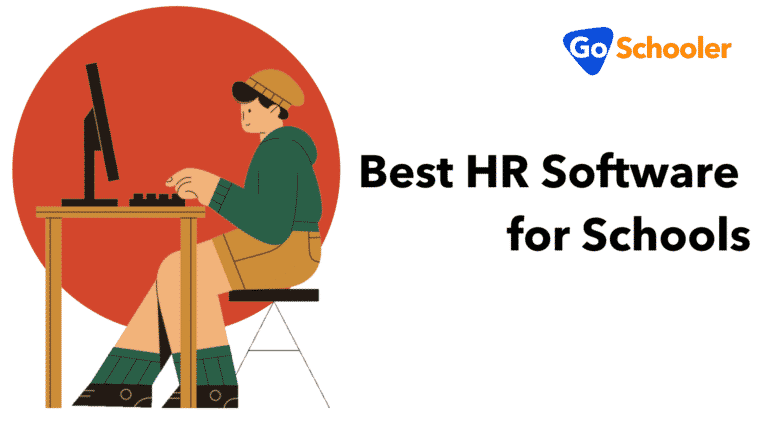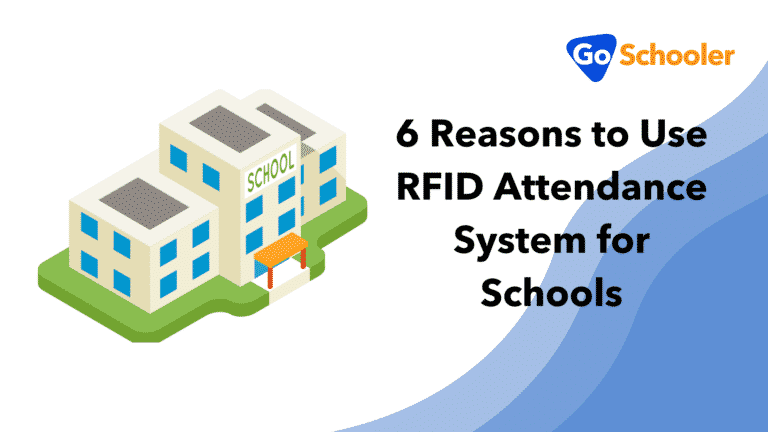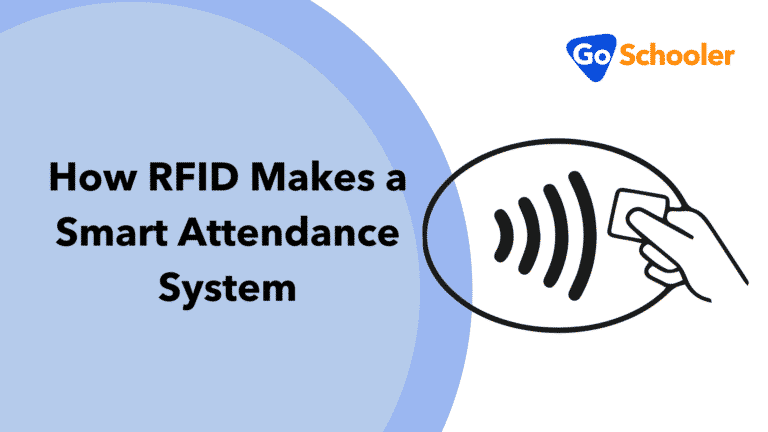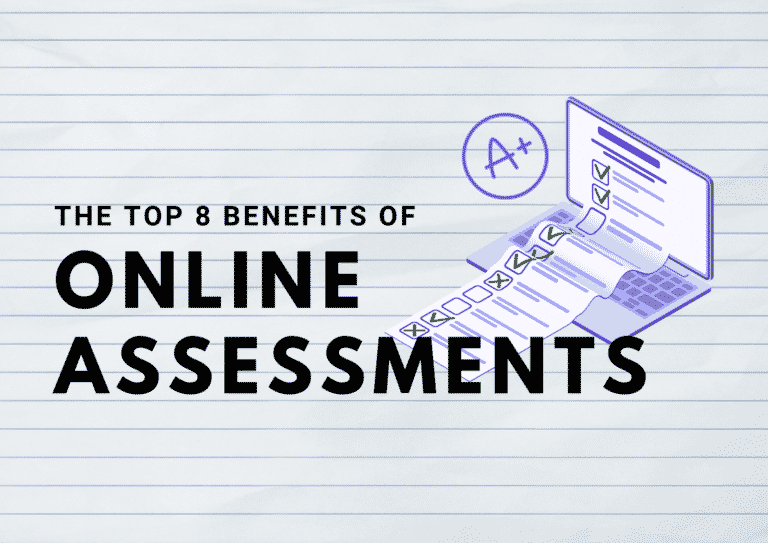Organizations and other institutions can only fully operate with the help of their employees and personnel. That is why the employees should be well-taken care of as it is their right.
Employees should be compensated with the right amount depending on workload and working hours. In addition, staff should receive compensation in an organized manner. That is why payroll plays a great role in keeping organizations running smoothly.
When it comes to payroll, a salary management system is important. It is a payroll tool that determines the payroll processes of an organization from employee data collection to statutory reporting.
The salary management system is an effective tool to keep the payroll system flawless. That is why it is strongly recommended to have this for a smoother and more efficient payroll system.
Before anything else, let us talk about what exactly is a salary management system and define its scope. Then, let us discuss what benefits it brings to an organization.
Let’s go!
Defining the Salary Management System
The salary management system is a tool that incorporates an organized payroll system. It automates the basic payroll processes to help organizations be more efficient. The salary management system is usually part of a buffer system that aims to automate other tasks.
This tool helps in computation, disbursement, and filing of necessary fees. But, before the system can compute these numbers, there are factors to consider.
For example, in salary computation, factors such as attendance, benefits, and deductions are also considered. So, it is highly advisable to get a salary management system that offers:
- Attendance Checking
- Performance Evaluation
- Benefits and Deduction Records.
- Statutory Compliance
There are three stages in the payroll system. Let us discuss the scope of the payroll system to know what a salary management system should provide.
Its Scope
Pre-payroll Steps
These steps include gathering information and finalizing the policies to be implemented
The first step is to define payroll policies. The policies would dictate how a payroll system in an institution would be carried out. For example, the base salary per job position is decided in this step.
From there, the following should be accounted for: benefits such as overtime payments, paid leaves, and other policies. The payroll system will be disorganized without these sets of rules.
The second step is to input data. The management system allows you to input company data such as employee details from across your organization.
In this step, you will have to manually put each employee’s information such as name, age, job position, base salary, and benefits.
This information is essential as it will also be used to track employee performance such as attendance and work done. This will aid the salary management system in commuting the final payout.
The management should also do input validation before launching the system. It is important to double-check all information before letting the greater part of your institution use it. This will help you avoid bigger problems in the future.

Actual Payroll Steps
Payroll calculation is done under this step. The management will then use and utilize the data input above. The result of this action will be the final payment which is adjusted according to bonuses and deductions such as taxes.
The importance of the pre-payroll activities is emphasized in this stage. Without finalizing the policies and other important details, salary computation wouldn’t be possible.
That is also the reason one data validation should be skipped. This way, you can make sure that all computations are true and correct.

Once this is done, it is always a good practice to verify the numbers. At the end of the day, the salary management system is still a machine and can create errors.
Post-payroll Process
All statutory compliance is essential before releasing the final payment. The management must be the one to remit these fees to the respective government agencies. That is why it is highly recommended to get a salary management system that has this feature.
For example, Schooler helps educational institutions file these fees through their system. Through this tool, schools can save time and make sure that they are following the set laws and policies.
The employees can then receive their dues via cash, check, or bank transfer during the actual payout. It is highly advisable to give your employees the liberty to choose which payment method is convenient for them.
For example, through payroll management systems like Schooler, employees can choose to be paid via online bank transfers. This kind of payment method provides convenience especially in a society where everything is digital.
Benefits to Organizations
Accurate Record Keeping
The most basic but essential part of every salary management system is record keeping. As mentioned above, it keeps a record of employee information. This is important because it helps you implement better employee management.
In school settings, payroll management tools allow attendance checking and performance evaluation. These kinds of records are important in evaluating bonuses and staff efficiency.
Further, this tool also keeps a record of the payout transaction history. This serves as proof of the previous payments made to the different personnel working in the organization. Proof of payment to employees is the protection of employers against possible malicious accusations in the future.
Accessibility
A salary management system is beneficial because it provides access to all relevant employees. For example, school staff such as teachers can view their current salary with bonuses and deductions using anytime, anywhere.
Systems such as GoSchooler allow staff to view their details through the mobile app. In a fast-paced world, these kinds of features are advantageous as it allows stakeholders to multitask.
It also allows the management to schedule payout. This way, the management would now incur delayed salary payouts.
Used for Strategic Planning
The records from the salary management system will help in strategic planning. As most systems provide reports or analytics, these can be used as a guide when making decisions.
Take, for example, teacher performance. If a salary management system produces reports about this, the school can then use this information to determine how to help the teachers improve.
In the planning or decision-making stages in any industry, it is important to do it with the help of actual data. This way, decision-making bodies would not be wasting resources in doing programs or activities that are not helpful.
Improve Efficiency
As the payroll management system automates almost every task, it helps organizations save time and cut down on their costs. Organizations can now compute final salary payouts in just a few clicks.
This means that they also would have to hire manual labor to do these kidneys of labor. This would help the organization save on extra costs such as human resources.
In any institution or organization, maximizing efficiency should always be one of the goals. Efficiency means productivity. So, more tasks that will contribute to the development and profitability of organizations can take place.
FAQs
What are the other features of a salary management system?
Can I access the tool through a mobile app?
Main Points to Remember
A management system is now a necessity in all organizations. It helps different organizations carry out more efficient and accurate payroll services.
When choosing a payroll management system, always remember to choose the one which has features that address the different parts of the payroll system.
The first is the pre-payroll activities or the collection and input of data. Second is the actual payroll processing or computation, Lastly, the post-payroll process such as releasing the payment and filling other necessary fees.
Aside from aiding faster payroll processing, it offers convenience to both the management and employees. With good salary management systems, they also have features that you can utilize for planning.
Selecting a good salary management system provides many benefits to all stakeholders. So, it is highly recommended to incorporate one regardless of which industry you are in.

